News Desk
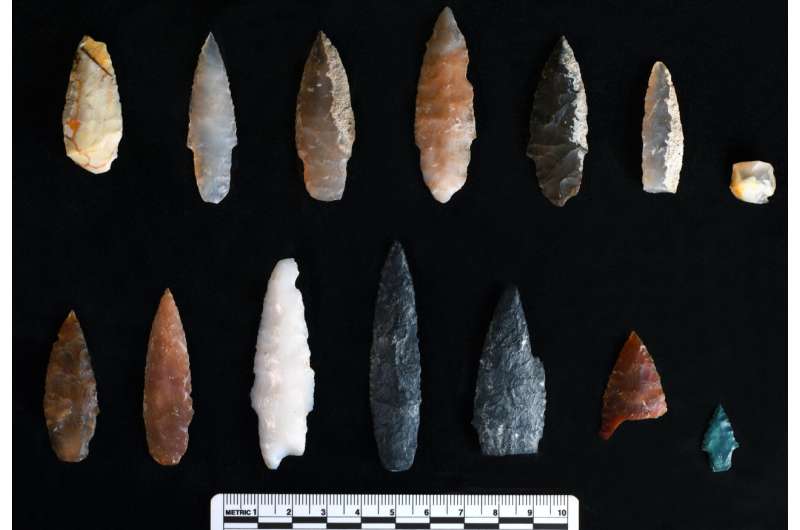
Oregon State University archaeologists have uncovered projectile points in Idaho that are thousands of years older than any previously found in the Americas, helping to fill in the history of how early humans crafted and used stone weapons.
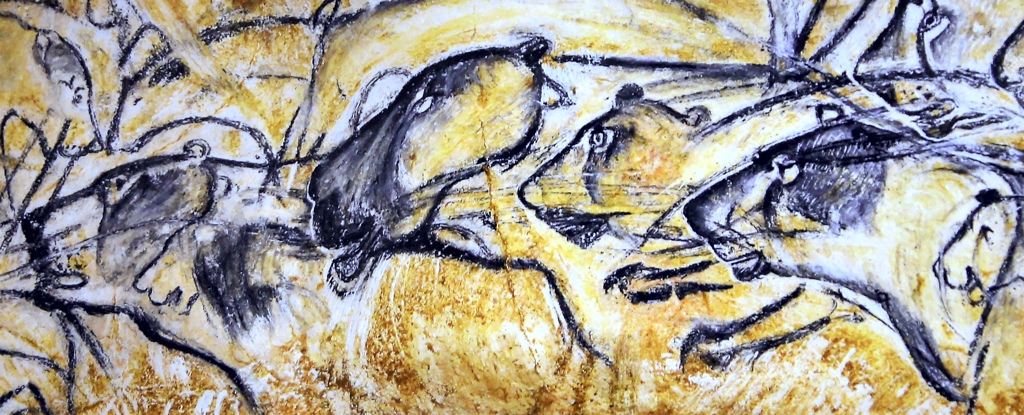
From France to Indonesia and Australia, ancient life is painted across the walls of darkened caves, seemingly motionless silhouettes in earthen colors that echo an earlier time.
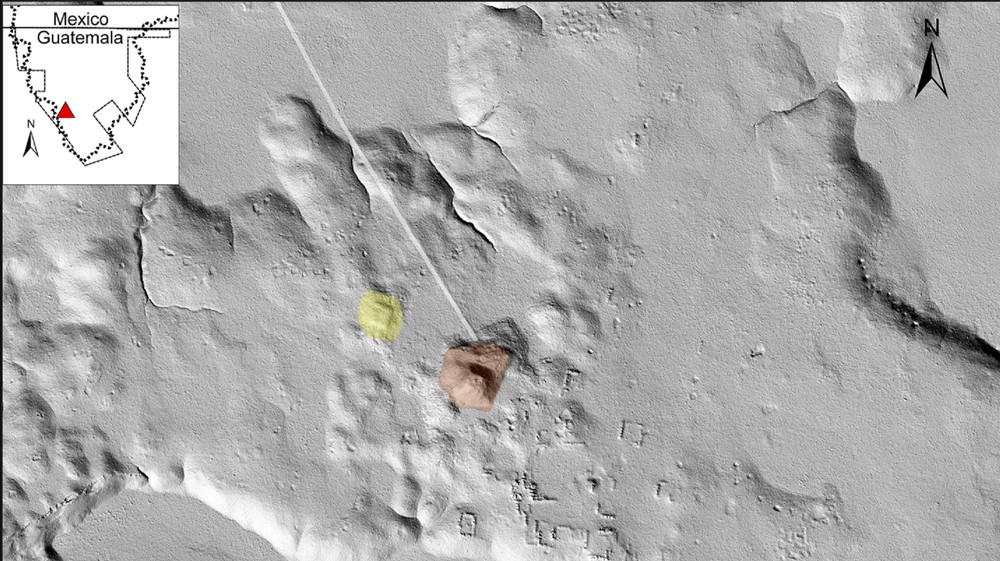
A new survey revealed nearly 1,000 Maya settlements, with pyramids and ballcourts, that date back more than 2,000 years.

A team of researchers at the University of Patras’s, OCEANUS- Lab has found evidence suggesting that early human ancestors (extinct hominids) may have sailed across the Aegean Sea.

A smattering of stars scattered throughout the center of the Milky Way is the remnants of the ancient galactic core, when our galaxy was still new.

Nations have agreed to protect a third of the planet for nature by 2030 in a landmark deal aimed at safeguarding biodiversity.
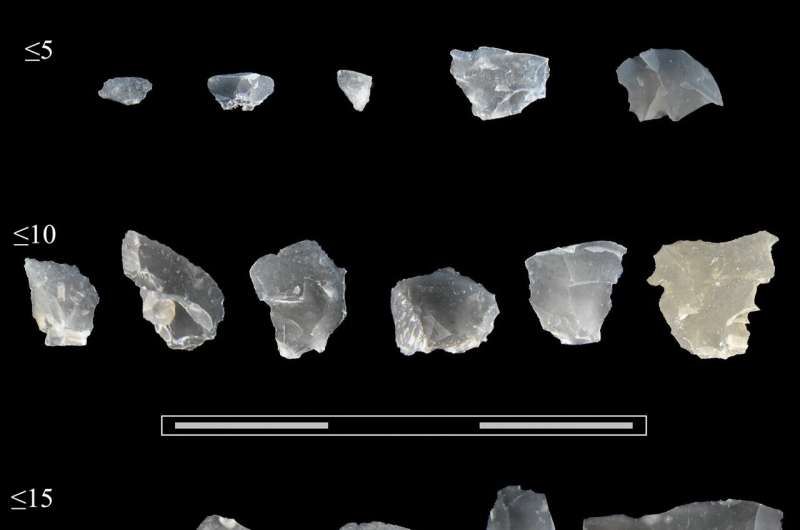
When prehistoric people re-sharpened cutting tools 300,000 years ago, they dropped tiny chips of flint—which today yield evidence of how wood was processed by early humans.

In the search for life on other planets, a couple of promising leads have just opened up: Astronomers have identified two worlds with Earth-like masses, sitting in the habitable zone around a red dwarf star called GJ 1002.
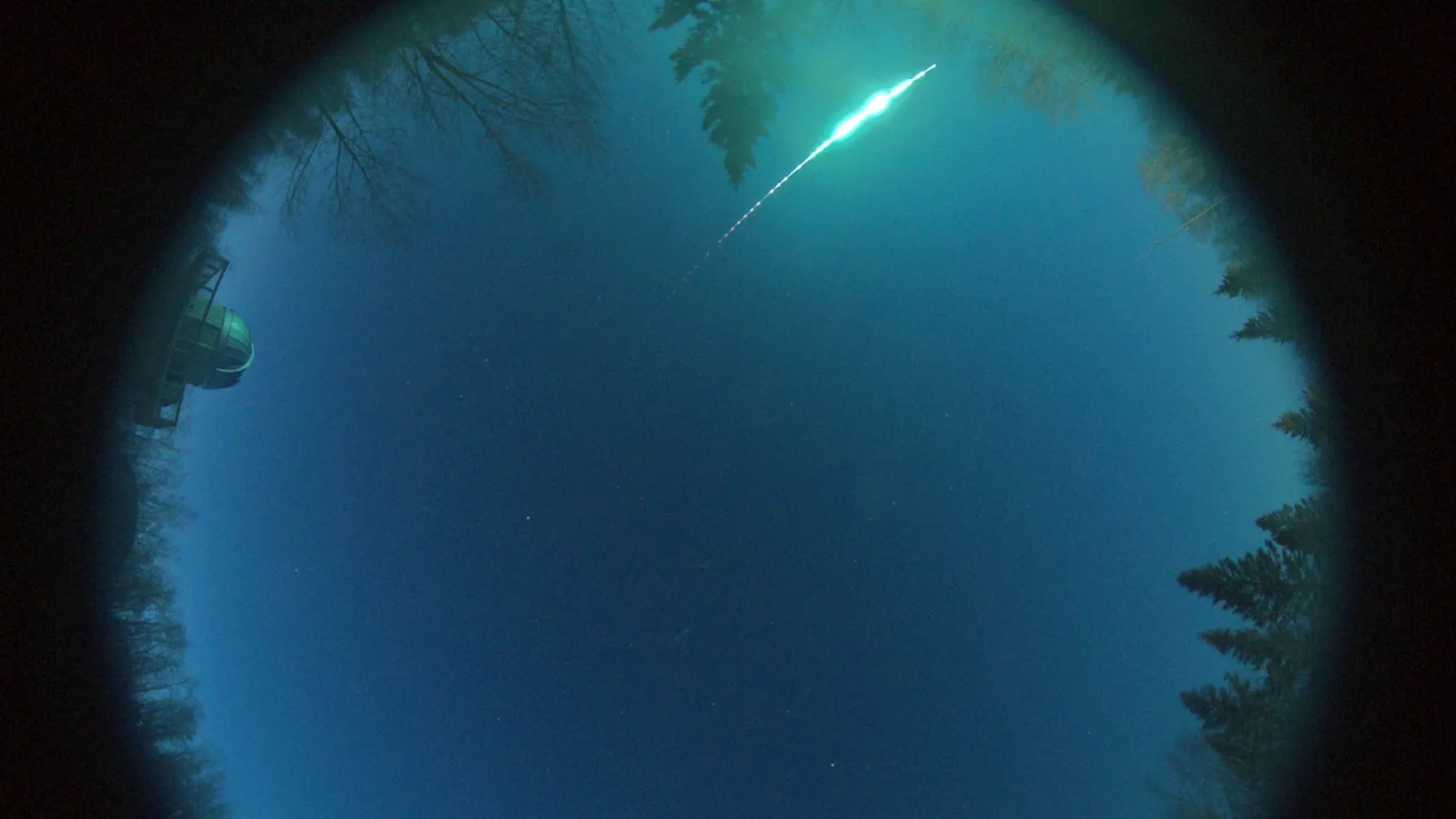
A dazzling fireball that ended its cosmic journey over central Alberta, Canada could change astronomers’ understanding of how the solar system formed 4.5 billion years ago.

Archaeologists have identified a 4000-year-old goldworking toolkit amongst the grave goods from an important Bronze Age burial near Stonehenge.

A new study exploring the behavior of wild chimpanzees suggests the evolution of bipedalism may in fact have been a strategy that first emerged while still moving about the branches of trees.

A study has taken a look at the real-life experiences of people using N,N-Dimethyltryptamine, more commonly referred to as DMT.
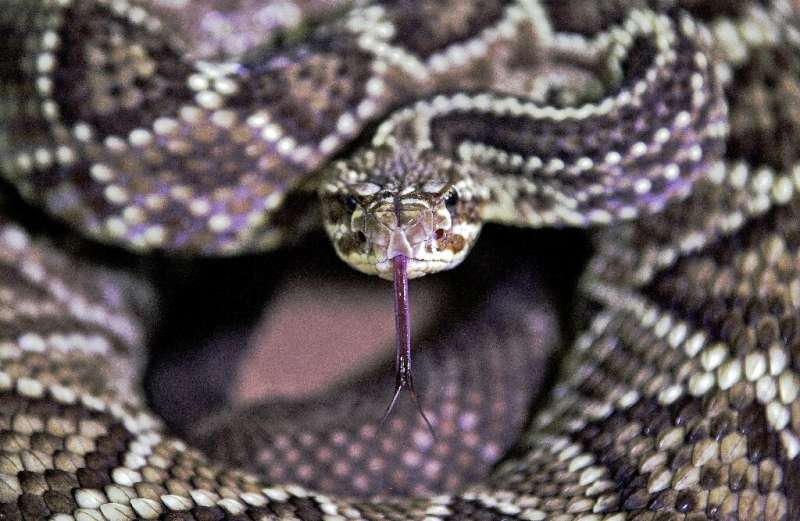
Female snakes have clitorises, according to the first detailed study on the subject Wednesday, in which the scientists lashed out at how little female sex organs have been researched compared to males across species.
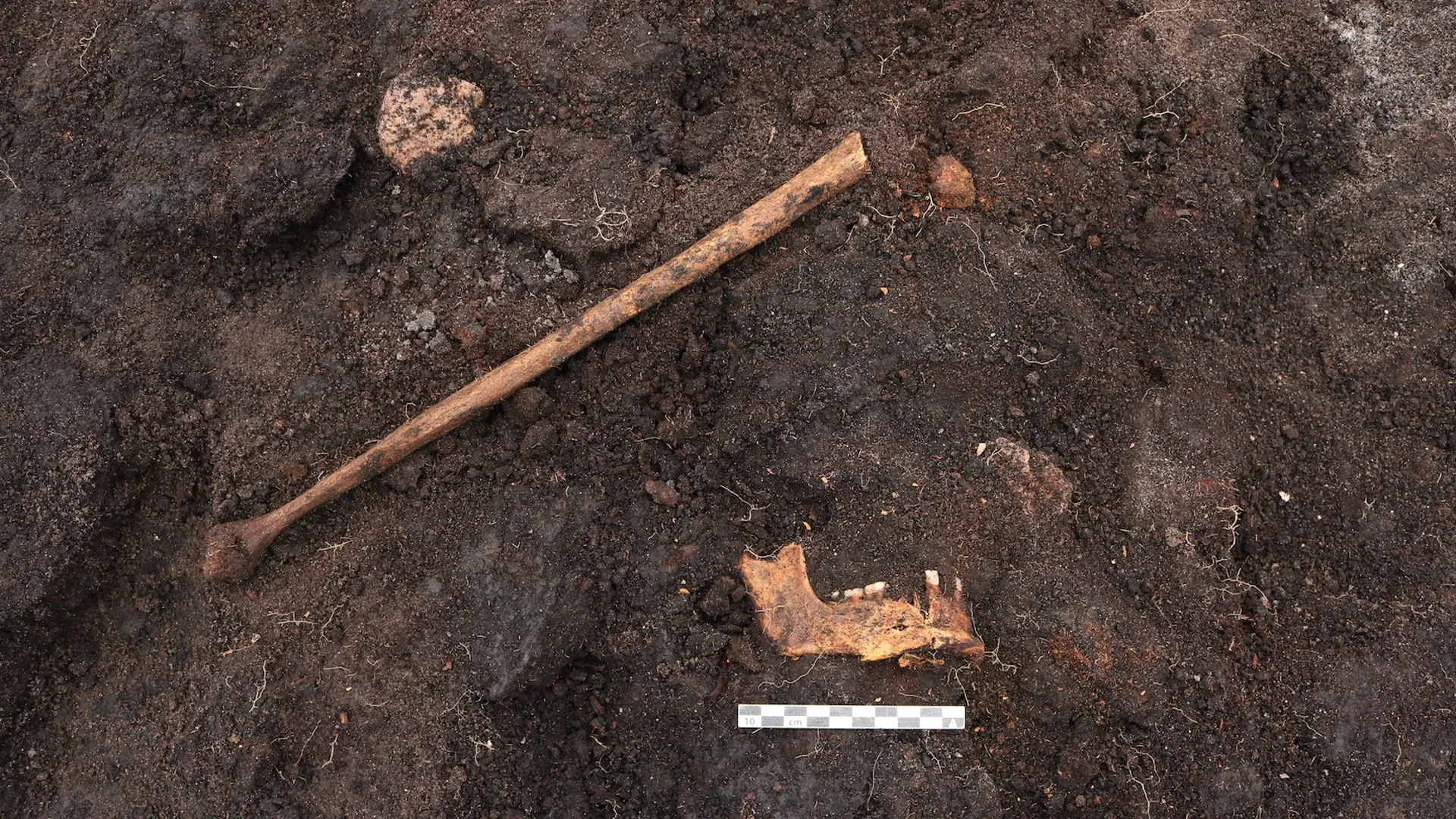
Archaeologists have discovered the ancient skeletal remains of a so-called bog body in Denmark near the remnants of a flint ax and animal bones, clues that suggest this person was ritually sacrificed more than 5,000 years ago.
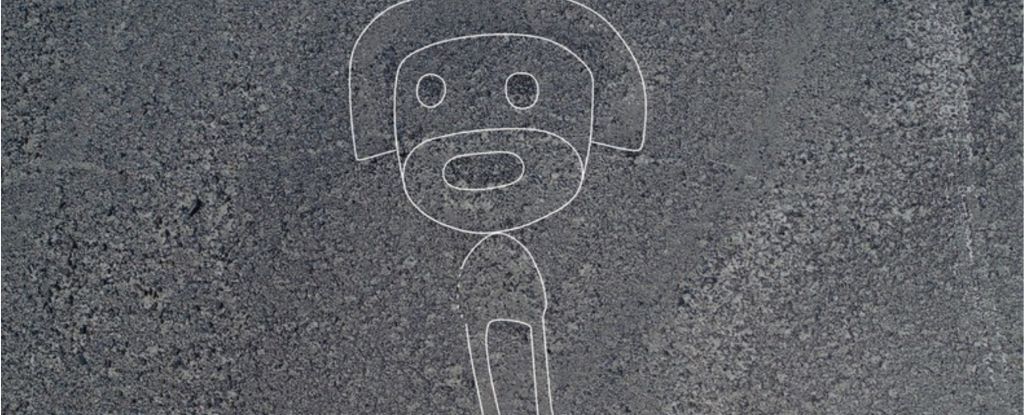
The Nazca desert in Peru is like an art gallery for the gods above. Yet even with decades of surveyance from the skies, we’ve barely explored a small wing of this fading collection of giants among the stones.

Without clocks or modern tools, ancient Mexicans watched the sun to maintain a farming calendar that precisely tracked seasons and even adjusted for leap years.








